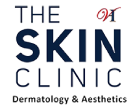Skin Conditions
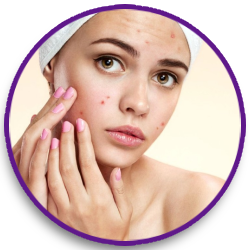
Acne
Acne is a struggle for nearly everyone at some point in their lives. It is the formation of black heads, white heads, pustules, nodules or cysts as a result of obstruction and inflammation of the pilosebaceous units (hair follicles and oil glands) due to the impact of androgenic hormones, genetics and environmental factors. While it may seem trivial, acne can be hugely disturbing and can affect your mental health, your quality of life, your confidence and can sometimes also cause permanent scarring on the face. It is necessary to take early and appropriate medical treatment to prevent post acne pigmentation and scars. The treatment usually involves creams and/ or oral medications to reduce oil production, inflammation, bacteria and regularise skin keratinisation.
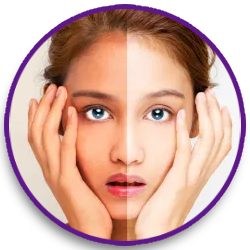
Pigmentation
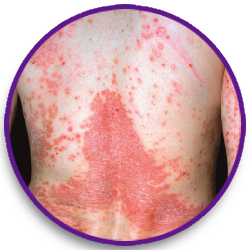
Psoriasis
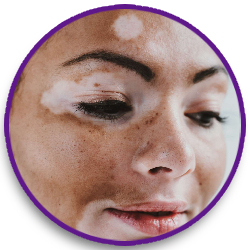
Vitiligo
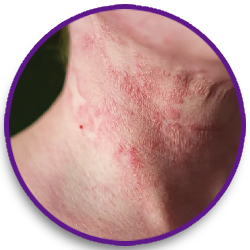
Eczema

Psoriasis
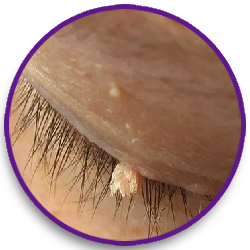
Warts
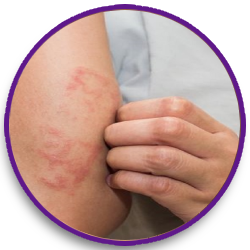
Allergies
The Skin Clinic
